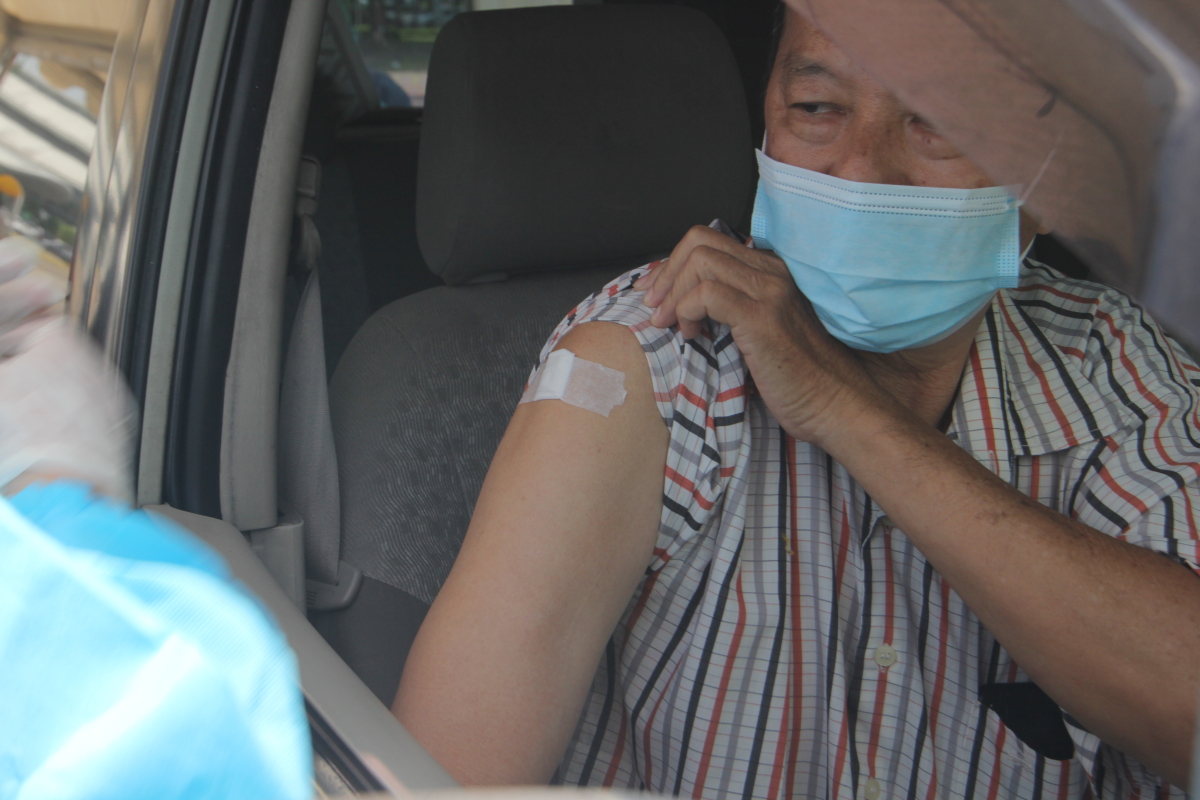Vaccination rollouts across the globe for curing the spread of the Covid-19 pandemic has become the most urgent health topic. As of April 14, 2021, over 840 million Covid-19 vaccine doses have been administered worldwide according to Our World in Data.* In Asia the number is 384 million, accounting for almost half of the total number of vaccination doses administered globally. In relation to the population, this is 8,28%.
But despite working hard on its distribution pace, Asia’s Covid-19 vaccine rollouts have progressed quite sluggishly and differ widely. In most Asian countries, vaccine programs have not started yet, or only been administered to a small fraction of the population.
HSBC & ADB join forces to boost supply chains
Even as manufactures are ramping up production, scarcity of supply hindered Asia’s vaccine rollout. According to Japan’s Vaccine Minister Taro Kono, a very limited supply of Covid-19 vaccines is delaying Japan’s wider rollout. In May and June the country is set to receive 100 million doses of the Pfizer vaccine. So far, 1,8 million doses have been administered.
Ranked among the world’s largest banks, HSBC and Asian Development Bank (ADB) will provide a combined $300 million in financing to support the purchase of Covid-19 vaccines and related equipment. This risk-sharing scheme between the two lenders is aimed to help Asia’s supply chains boost manufacturing capacity for Covid-19 vaccines and resolve supply/demand discrepancies.
Fear and missinformation
In addition to supply shortage, also poor infrastructure is a barrier to vaccination plans in Asia. Many low/middle-income countries, for example, can’t afford the infrastructure to store the Covid-19 vaccines at freeze/deep freeze temperatures.
What is more, the growth of anti-vaccine movements facilitated mainly by social media and fake news has led to distrust about the efficiency of the Covid-19 vaccines. Fear and misinformation lead to more Asians turning reluctant to get inoculated.
Indonesia registers rising numbers in fake news regarding Covid-19 vaccine. In the Philippines the aftershock around the dengue fever vaccine Dengvaxia is still present. The vaccine was suspended two years after its introduction in 2016 due to fears of side effects when children died after getting vaccinated.
China’s vaccines sweeping the world
As the global race to vaccine rollout continues, the country where Covid-19 first emerged, appears to be well ahead of its peers. China has administered over 179 million doses so far. This is 12,45% of inhabitants covered with at least one Covid-19 vaccine shot.
China relies on its own vaccines made by Sinovac and Sinopharm and is also shipping them abroad. According to a tally by The Associated Press, China has shipped roughly half a billion doses of its vaccines to more than 45 countries worldwide.
Dozens of nations around the world are relying on the Chinese vaccines for their Covid-19 vaccination plans, among them Chile, the United Arab Emirates, Indonesia, Malaysia and the Philippines.
However, the levels of efficacy of China’s vaccines remains unclear as there is no late-stage test data by the two firms. Officials of the World Health Organization (WHO) said that latest data shared by the companies indicates that the vaccines have levels of efficacy that would be compatible with WHO requirements. That means about 50% efficacy and above. Trials in Brazil, Turkey and Indonesia showed a efficacy of Sinovac’s vaccine between 50.65% and 83.5%.
Experts expect the Covid-19 vaccines from Sinopharm and Sinovac to be added to the WHO’s list for emergency use fairly soon, perhaps by the end of April.
* This is counted as a single dose and may not equal the total number of people vaccinated.










 Australia
Australia China
China India
India Indonesia
Indonesia Japan
Japan Malaysia
Malaysia Philippines
Philippines Singapore
Singapore South Korea
South Korea Taiwan
Taiwan Thailand
Thailand Vietnam
Vietnam Germany
Germany Hong Kong
Hong Kong USA
USA Switzerland
Switzerland Singapore
Singapore
 United Kingdom
United Kingdom







